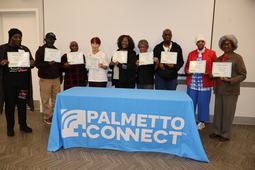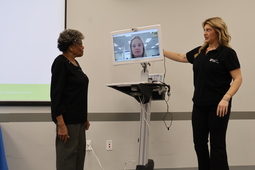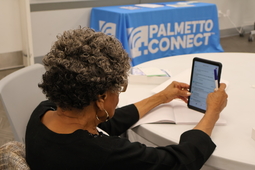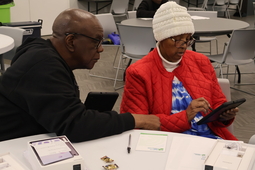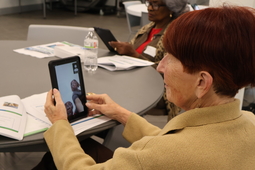By Kaitlyn Levinson, Route Fifty
States will continue to be able to leverage pandemic-era telehealth flexibilities this year following the federal government’s move to codify flexibilities on how health care providers can prescribe medication for treating substance use disorders.
As of Jan. 1, health care providers are able to prescribe buprenorphine, a medication used to treat opioid use disorders by reducing cravings and withdrawal symptoms, via telehealth for up to six months without requiring an in-person appointment. The rule builds upon pandemic-era flexibilities and was issued by the Drug Enforcement Administration and the Health and Human Services Department on Dec. 31, 2025.
The rule “makes it easier for people with an opioid use disorder to access treatment,” which is “a big deal because allowing patients to access addiction treatment remotely has had a huge impact on state efforts to connect people to treatment,” said Marcelo H. Fernández-Viña, who conducts law and policy analysis and research for the Substance Use Prevention and Treatment Initiative at Pew Charitable Trusts.
Between 2023 and 2024, for example, opioid overdose deaths decreased from 79,358 to 54,045 incidents following policy and programming efforts, such as distributing overdose-reversal medications, expanding the availability of drug checking and testing services and addressing cultural stigma toward substance use among policymakers and health care practitioners.
But substantial work remains to tackle Americans’ opioid use disorders, which telehealth can help further chip away at. Telehealth services, for instance, were linked to a 33% lower risk of a drug overdose among Medicare beneficiaries who received remote care during the pandemic, according to the U.S. Centers for Disease Control and Prevention.
The new rule also discontinues recordkeeping requirements for providers offering audio-only visits, a barrier that could otherwise deter the availability of telehealth options, according to a recent Pew article authored by Fernández-Viña.
Indeed, expanding the affordability and accessibility of telehealth services after other pandemic-era funding and policies have expired remains a priority for state leaders, according to a report released late last year from the Center for Connected Health Policy. A separate report also found that some telehealth patients still faced challenges accessing buprenorphine because pharmacists were skeptical of filling a telehealth-based prescription due to potential scrutiny.
Access to such care is critical for addressing the decadeslong opioid epidemic that has contributed to approximately 806,000 deaths since the 1990s. In 2017, the Health and Human Services Department declared the opioid crisis a public health emergency, which HHS Secretary Robert F. Kennedy, Jr. renewed in March 2025.
Less stringent rules surrounding telehealth and buprenorphine can help get more people to not only initiate treatment for an opioid use disorder, but also maintain it, said Nicole O’Donnell, a certified recovery specialist and director of Penn Medicine’s Center for Addiction Medicine and Policy virtual buprenorphine bridge clinic.
The continuation of addiction treatment is crucial, particularly for vulnerable populations, such as people who are involved in the criminal justice system or for whom telehealth is a low-cost alternative to in-person treatment, she explained.
Additionally, expanding telehealth access can help reduce the burden on emergency departments who are often understaffed and whose resources are stretched thin by helping prevent opioid-use incidents escalate into an overdose or death, which can snowball into significant public health costs, O’Donnell said.
“The federal government has removed a major barrier to treatment to access … and now there’s certainty around the future of telehealth,” Fernández-Viña said. “If we take all of that together, telehealth access to buprenorphine … can save lives, so that’s the really big impact that we’re seeing here.”

